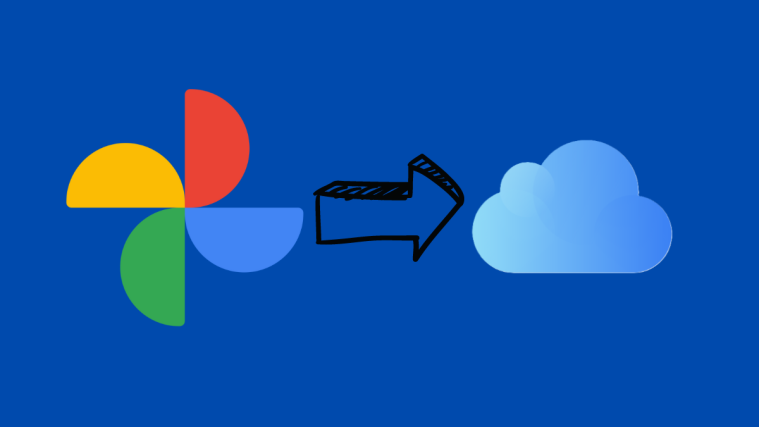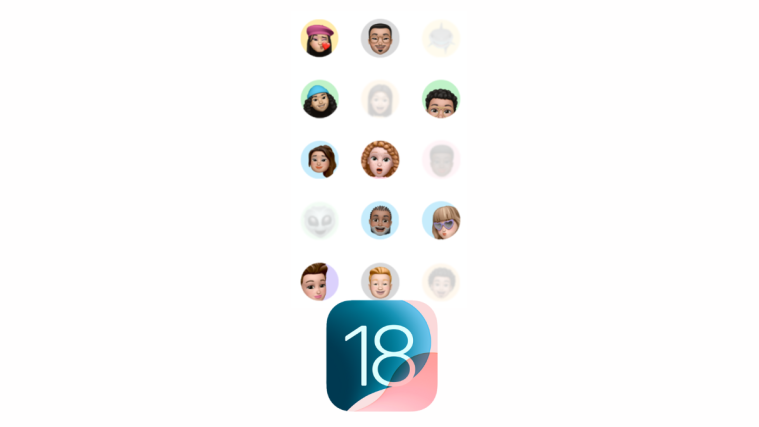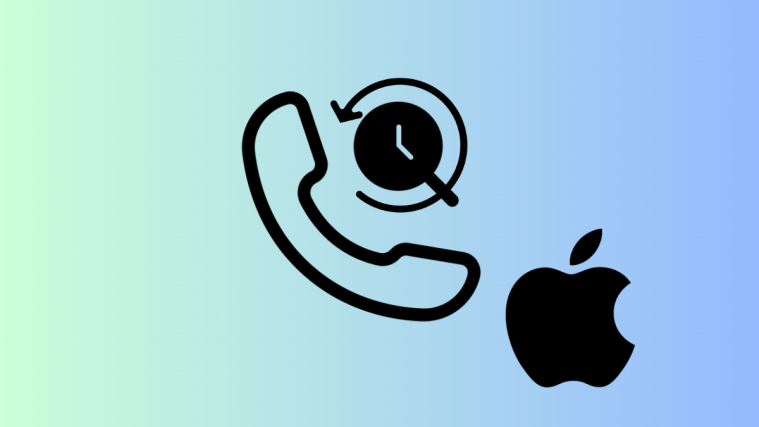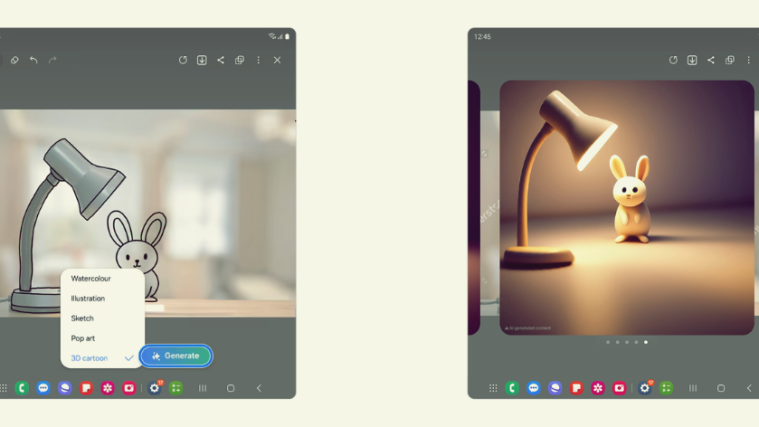The internet may help you learn newer things every day but the more you use it, the more others know things about you. While it’s fine that your friends and family get to know you but would you be willing to share your personal and sensitive data with random companies on the web? Certainly not, right?
To help prevent app-embedded trackers from accessing your user data and behaviors, privacy-based search company DuckDuckGo has now rolled out an App Tracking Protection feature on Android. In this post, we’ll explain what DuckDuckGo’s App Tracking Protection is all about, how it works, and how you may enable it on your Android phone.
- What is App Tracking Protection from DuckDuckGo?
- How App Tracking Protection blocks app trackers?
- Is it the same as Apple’s App Tracking Transparency?
- How to get App Tracking Protection on your Android phone
- How to check what apps were prevented from sending trackers
- Is App Tracking Protection a VPN service?
What is App Tracking Protection from DuckDuckGo?
iOS has a native App Tracking Transparency feature that allows users to prevent apps from tracking their behavior across other apps or third-party services or use them to serve targeted ads. On Android, Google doesn’t exactly offer the same protection as Apple but restricts marketers from accessing users’ Advertising IDs when users opt-out of it.
Enter – DuckDuckGo’s new App Tracking Protection feature that’s available through the DuckDuckGo app on Android. The feature prevents trackers that are embedded inside different apps on your Android device from sending any sensitive data to third-party companies. These third-party companies will be any company that doesn’t own an app on your Android phone.
In its official blog post, DuckDuckGo revealed that over 96% of the popular free apps on Android were embedded with hidden third-party trackers. Of these apps, a significant chunk of data was being sent to Google’s (87%) and Facebook’s (68%) servers, even if the apps in question were owned by either of these companies.
This allows companies like Google and Facebook to create a digital profile based on the apps you use, when you open them, and the activity that you do inside them. Not only that, when tracking companies other than Google and Facebook get access to your online activity, they’ll be able to see when you’re online, what you see online, send you targeted ads, and in the worst case, sell you digital profile to marketers or even suspicious organizations.
App Tracking Protection promises to block these third-party trackers, in such a way that only the company who owns an app can know your user activity and no one else. So, if you’re using the Facebook app, only Facebook will be able to track your user activity and no one else can a piece of your data in any way.
How App Tracking Protection blocks app trackers?
With App Tracking Protection enabled, the DuckDuckGo app will detect if any other app on your phone attempts to send data from your device to a third-party tracker. When such an attempt is detected, DuckDuckGo will block the concerned app from sending your user data to the tracker service.
This shouldn’t hamper the regular functioning of the app where these trackers are blocked. This way, only first-party trackers from the apps you use will remain active, meaning only the company that owns an app you use can learn your user behavior.
App Tracking Protection will continue to run in the background, constantly monitoring any attempts made by apps to send data to third-party trackers and blocking them.
Is it the same as Apple’s App Tracking Transparency?
Yes and no. While the foundation behind Apple’s App Tracking Transparency and DuckDuckGo’s App Tracking Protection is the same – that is to block third-party trackers from apps directly, the implementation from both of them are different. Apple’s privacy tool only prevents apps from accessing a user’s Identifier for Advertisers directly. The Cupertino company only asks app developers to respect users’ decisions to not want to be tracked but doesn’t take any necessary steps to block trackers themselves.
DuckDuckGo’s feature, on the other hand, directly blocks third-party trackers that it can find hidden inside the apps you use without affecting the app’s performance in any way. However, unlike App Tracking Transparency, App Tracking Protection isn’t fully integrated inside Android, since DuckDuckGo doesn’t have the same permissions as a native Android app to run efficiently like Apple’s tool.
But if you use DuckDuckGo’s App Tracking Protection alongside Android’s existing privacy settings, you may be able to get away from third-party trackers in a similar way like on an iPhone.
How to get App Tracking Protection on your Android phone
The new App Tracking Protection is available courtesy of an update to the DuckDuckGo Privacy Browser app on Android which you can get by installing the app from the Google Play Store.
![]()
If you already have this app installed on your phone, you can get App Tracking Protection by updating it to the latest version. For that, open the Play Store app, go to account picture > Manage apps and device > Updates available, and then update the DuckDuckGo Privacy Browser app if a new version is available.
![]()
When you update DuckDuckGo Privacy Browser, you should be able to access the App Tracking Protection right away. To get there, open the DuckDuckGo Privacy Browser and tap on the 3-dots icon at the top right corner of the screen.
![]()
In the overflow menu that appears, select ‘Settings’.
![]()
Inside the Settings screen, scroll down and select the ‘App Tracking Protection’ option.
![]()
Since App Tracking Protection is currently in beta, you will have to enroll inside the private waitlist to be among the ones who get to use the feature before it goes public. To join this waitlist, tap on the ‘Join the Private Waitlist’ option inside the App Tracking Protection screen.
![]()
To make sure you know when you get onto this private waitlist, you can tap on the ‘Notify Me’ option when prompted on the screen.
![]()
You’ll now be shown that you’ve been added to the App Tracking Protection waitlist and the DuckDuckGo app will send you an alert when the feature is available for you.
![]()
If you have an invite code for this feature, you can enter it on this screen to bypass the private waitlist and save time.
When the feature becomes available, you can turn it on by enabling the ‘App Tracking Protection’ toggle at the top of the screen.
How to check what apps were prevented from sending trackers
The DuckDuckGo app will start detecting your app activity from the time you enable App Tracking Protection and for as long as it stays on. When you turn on App Tracking Protection, the app will continuously monitor which apps are attempting to send information to a third-party tracker and stop them from doing so.
Upon initial activation, you won’t see any data available inside the App Tracking Protection screen. Since the app will only start looking for trackers when you first enable the App Tracking Protection option inside it, you should wait a while to see any recent tracking activity from an app on your phone.
Depending on whether new trackers were found, you may also see the App Tracking Protection banner at the top of DuckDuckGo’s main screen showing you the most recent tracking attempt from an app on your phone.
After a while, you will be able to see all tracker activities from your installed apps by launching DuckDuckGo and going to the 3-dots icon > Settings > App Tracking Protection.
Here, you should see a summary of all tracking activities for the past week at the top. The ‘Past week’ section will highlight the number of tracking attempts that were blocked by DuckDuckGo in the previous week along with the number of apps that their trackers were from.
Scrolling past last week’s tracking summary, you’ll see more recent activities from different apps in the order of new to old. Inside ‘Recent Activity’, you’ll be able to view the number of attempts that an app has made to send data to trackers. In addition to the app’s name, you can see what third-party trackers are embedded inside an app as well as the last time at which the attempt was made.
You can check all of your apps’ recent tracking activities by scrolling down on this screen and selecting the ‘View all recent activity’ option at the bottom.
When you do that, you’ll be able to see tracking attempts from apps installed on your phone based on different days. You’ll first see today’s activity first followed by tomorrow’s and then subsequent days.
If you have enabled notifications from DuckDuckGo, you’ll also see automatic summaries
Is App Tracking Protection a VPN service?
If you were fortunate to use the App Tracking Protection feature inside DuckDuckGo Privacy Browser, you may be wondering why you’re seeing a lock icon at the top of your Android screen (an icon that only loads up when you have a VPN service enabled on your phone). We’re here to clarify that App Tracking Protection isn’t any kind of VPN service but when the feature is turned on inside the DuckDuckGo app, the Android system will detect it as one.
That’s because, in order to be able to block trackers from being contacted by apps on your phone, App Tracking Protection disguises itself as a VPN and blocks apps from sending any data to third-party trackers. By masking up as a VPN, the DuckDuckGo tool is able to restrict any app data from being sent to servers other than the app’s own.
While App Tracking Protection prevents an app’s data from being sent to external servers, VPNs are often known to push user data through several external servers to mask the user’s IP and location from apps, services, and ISPs.
That’s all there is to know about App Tracking Protection and how it can prevent third-party trackers on Android.






Ok these information are really awesome. It will provide you every single information about it. Keep sharing
Thank you very much. the app really works